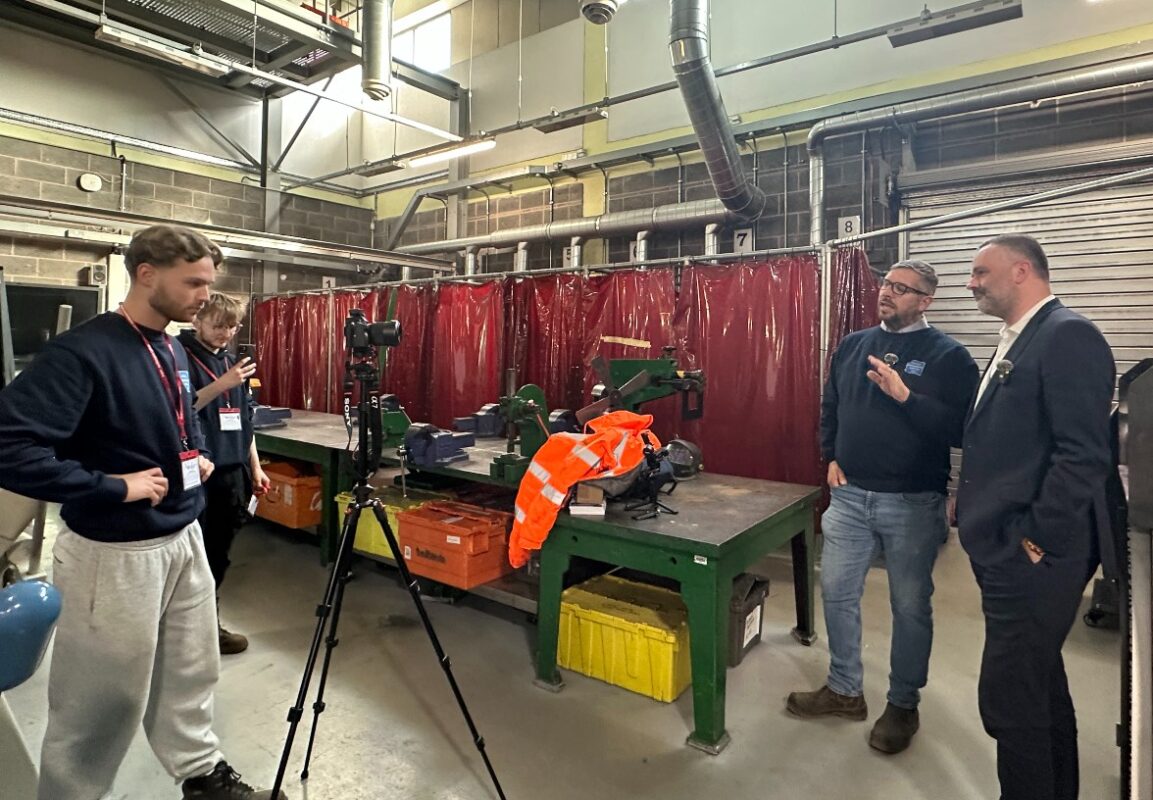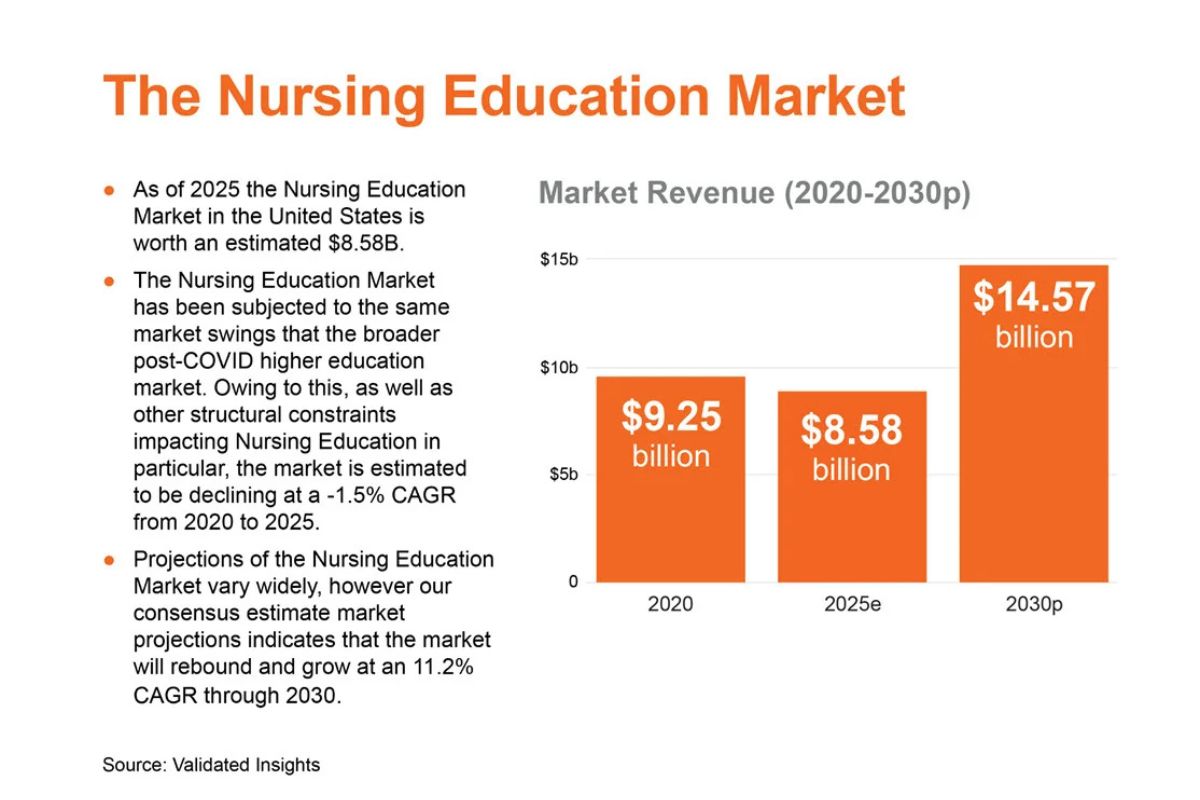Collaborative Leadership in FE is Imperative

Following ETF’s Further Forward Leaders Conference, Dr Vikki Smith, Executive Director of Education and Standards at The Education and Training Foundation, reviews key themes on the role of collaboration, adaptability, and purpose in transforming Further Education leadership and driving lasting impact.
Leadership is not a fixed point but a continuous journey of growth and adaptation
The relentless pace of change demands not just resilience but a commitment to collaboration, adaptability, and clear purpose. Systems leadership – the ability to work beyond institutional silos, to influence policy, and to drive impact – has never been more critical. Those who lead in Further Education (FE) and Skills understand this reality all too well.
We have come a long way – navigating funding challenges, policy shifts, and the ever-changing skills landscape – but the work is never finished. Nor should it be. The very nature of leadership is to keep evolving, adapting, and responding to the world as it unfolds.
At its heart, leadership is not just about getting things done. It is about bringing people with us. As Ruth Bader Ginsburg (American lawyer and jurist) said, “Fight for the things that you care about, but do it in a way that will lead others to join you”. Leadership is about forging connections, shaping direction, and ensuring that the work we do has a lasting impact.
At this moment, as the national conversation increasingly turns to the importance of skills in driving economic and social progress, our collective challenge is clear: we cannot meet this demand in isolation. No single sector, institution, or government department holds all the answers. The pace of change is relentless, and if we are to respond effectively, then collaboration is imperative.
Ethos, Pathos, and Logos: Finding our Place in the National Conversation
Aristotle’s principles of ethos, pathos, and logos provide a compelling framework for the role of FE and Skills leaders today. We have the credibility and expertise – our ethos – shaped by years of delivering high-quality education and training. We have the human stories – our pathos – that demonstrate the transformative power of skills and learning. And we have our rightful position – our logos – at the heart of economic and social renewal. If we are to lead differently, we must own our voice in national discussions and be unapologetic about our role in fostering economic activity, enabling opportunity, and driving social change.
Collaboration is Not Optional – It’s Essential
We have seen repeatedly that when leaders from education, industry, and government come together with purpose, extraordinary things can happen. And there is no shortage of positive intent. Across government and industry, there is widespread recognition that skills must be at the centre of national renewal. However, despite this shared understanding, the mechanisms to join up policy and practice remain fragile. Employers are ready to invest in skills, while colleges and providers are eager to deliver. Policymakers are committed to driving economic growth. But without the structures in place to connect these ambitions, progress will remain piecemeal.
We must ask ourselves what it would take to move from intent to action. The skills challenge we face are too great for any one institution or sector to solve alone. Policy must be more agile, more responsive, and more aligned with the realities of FE and Skills providers and the needs of learners and employers. The challenge is not just supplying the right skills but ensuring the system is structured to deliver them effectively. We need a system where policy works with us, not around us.
Leading Differently in Times of Constraint
This is not an easy time to be a leader. The pressure to innovate while operating within increasingly tight constraints is real, and the expectation to do more with less is ever-present. The solution is not simply to stretch resources further. It is to lead differently. We must focus on leading with purpose and intentionality.
The strength of FE and Skills lies in its collective expertise. We do not need to have all the answers as individuals. Instead, we must harness the power of shared knowledge, collaboration, and a willingness to be open about what works. Leadership in this environment also requires the courage to embrace vulnerability. Acknowledging that we do not have all the answers is not a weakness but a mark of wisdom. It is in these moments of honesty that the most meaningful collaboration can take place.
At the same time, good leadership is about making decisions that serve the long term, even when they are difficult or unpopular in the present. It is about being clear on the bigger picture and ensuring that the choices we make now contribute to a sustainable and resilient future for our institutions, our learners, and our workforce.
The Narrative is Strong. The Opportunity is Massive
The FE and Skills sector has always made an impact, yet it has often struggled for recognition. This is starting to change. There is growing momentum behind the skills agenda, and the narrative around our role is becoming stronger. We are not just educators; we are anchors in our communities. We are gateways to work. We create pathways that change lives. But we must continue to refine how we tell our story. We must join the dots, bring together the right voices, and drive forward the mission-led agenda with clarity and conviction.
We must communicate our work in a way that policymakers, employers, and the wider public can easily grasp and act upon. Too often, the language of FE and Skills is impenetrable to those outside the sector. If we want our expertise to be heard, we need to articulate it in terms that make sense to those making decisions. We must also recognise the power of informal leadership within our sector. Some of the most effective leadership happens at the grassroots level, through individuals who drive change in their own communities and institutions.
Most importantly, we must actively shape the right conditions for collaboration. This means seeking out partnerships, strengthening employer relationships, and ensuring that the skills offer remains clearly linked to pathways into work.
The challenges ahead require bold thinking. We need to stop reacting to short-term pressures and start building a system that is sustainable, responsive, and future facing.
A Final Word: Leading with Courage and Conviction
FE and Skills leaders must continue to lead with authenticity, build resilient institutions, and embrace collaboration – not as a burden, but as an opportunity to create lasting impact. Leadership in FE and Skills is not about merely keeping pace – it is about shaping the future.
It is easy for the challenges in our sector to dominate the conversation. The funding pressures, the policy misalignments, the constant struggle to keep pace with change. But alongside these difficulties, there is a story of resilience, innovation, and impact that must be amplified.
As FE and Skills leaders, our role is to bring the right voices into the room, to shape the systems that underpin our work, and to ensure that the conversation around skills is not just about problems but about solutions. The future of our sector is not something that will simply happen to us. It is something we must shape together. Because leadership is not about having all the answers. It is about bringing people together to find them.
By Dr. Vikki Smith, Executive Director of Education and Standards at The Education and Training Foundation











Responses